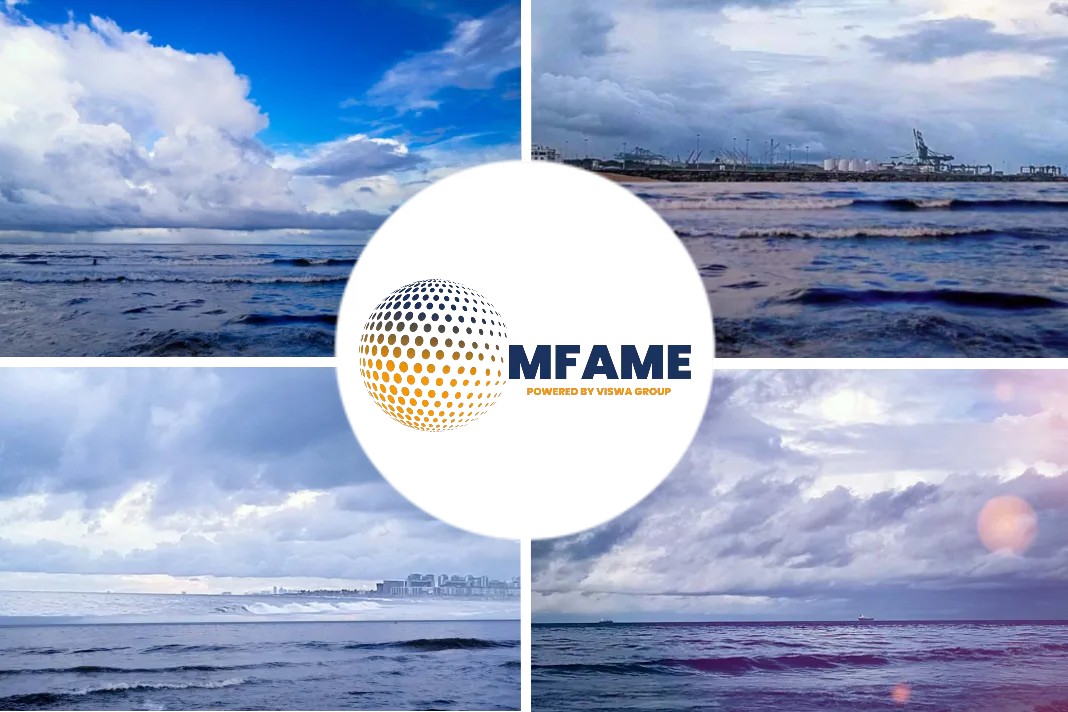According to an article published in S&P Global, marine fuel quality issues could likely escalate once the world starts to recover from the coronavirus pandemic while continued margin pressures may hurt bunker suppliers more, necessitating the industry to stay vigilant and adapt themselves post the International Maritime Organization’s global sulfur mandate, industry sources said.
Fuel prices
Despite volatility in some commodity markets, marine fuel prices are already rising, tracking in part gains in crude oil prices.
In Singapore, delivered marine fuel 0.5% sulfur prices averaged $658.76/mt in January 2020, when the IMO sulfur limit rule for marine fuels was implemented. Prices of the grade ebbed to an average of $235.71/mt in April 2020 and averaged $441.35/mt in January, S&P Global Platts data showed.
IMO’s Global sulfur limit
The IMO’s global sulfur limit for marine fuels was supposed to usher in a sea change for the bunker industry in terms of the magnitude of switch toward cleaner fuels.
Challenging terms
One of the key concerns was continued bunker fuel quality issues, with the market anticipating stability and compatibility as pressing worries as many blending recipes emerged due to IMO 2020.
“There have been fewer quality issues than many analysts predicted, but this may have been partly masked by the pandemic and the depressed oil price,” bunker company KPI OceanConnect said in a statement Feb. 16.
These challenges may rear their head once the world starts to recover from COVID-19, distillate demand increases in other industries, and if unscrupulous suppliers start using cheaper components for blending, it said.
BLUE Insight Director’s Note
“Yes, it [IMO 2020] went well … honestly very few issues and most owners are dealing with many less claims than they did prior to 2020 … from a quality control point of view, because of great preparation and excellent research work done by labs etc.,” Adrian Tolson, director at global research and consulting company BLUE Insight, told Platts recently.
“I do, however, have concerns this will not continue … I can see more issues coming as the average quality of the VLSFO [very low sulfur fuel oil] barrel will fall as oil demand and refining activity returns to normal.”
Hurdles in-there
There could be problems with more complicated and less stable blends in future, industry sources said.
“The main challenge now is stability, and with some suppliers using many different blending components such as biofuels, particularly those in the ARA [Amsterdam-Rotterdam-Antwerp] region, bunker fuel quality issues will likely remain heightened,” said an industry source at a marine fuel quality testing and inspection firm in Singapore.
Bunker fuel quality issues will pose a greater problem in smaller ports or those lacking stricter enforcement, he said, adding that Singapore is quite good in that regard because it is a bunkering hub and has a competent authority to oversee everything.
Compatibility & Stability
“Going forward, there will still be concerns with compatibility and stability as the present ISO 8217 did not specify or put a standard to it. This is especially so pertaining to stability,” said Simon Neo, director at Singapore-based consultancy SDE International, on Feb. 19.
So, it is still advisable for shipowners to avoid storing their oil for too long in their bunker tanks and to carry out regular tests to ensure that the oil is still stable and homogenous, he added.
LSFO-HSFO Market
Bunker fuel quality is not the only challenge confronting shipping companies.
“We expect to see LSFO-HSFO spreads to continue to widen as refining margins and product cracks recover over the next 12 months,” said Alexander Yap, senior analyst at S&P Global Platts Analytics, on Feb. 18.
The spread between Singapore delivered Marine Fuel 0.5%S fuel and Singapore delivered fuel oil IFO 380 CST has widened to about $103.33/mt in January from an average of $72.32/mt in June 2020, Platts data showed.
Bunker suppliers in pressure
“Along with the higher crude prices, this implies that the cost to shippers for IMO compliant fuels will be significantly above what we saw for most of 2020,” Yap added.
Hurdles also abound for bunker suppliers as margin pressures could push some participants to resort to shortcuts and perhaps some new IMO 2020 inspired suppliers could potentially drop out of the market, leaving a space for more quality challenged replacements, Tolson said.
A bunker supplier in Singapore noted lower margins may push some of the smaller suppliers into a different niche.
If market conditions stayed tough, an increasing number of independent suppliers might decide to just own and operate barges rather than sell and deliver bunker fuels, he added.
Did you subscribe to our daily newsletter?
It’s Free! Click here to Subscribe!
Source : S&P Global

















